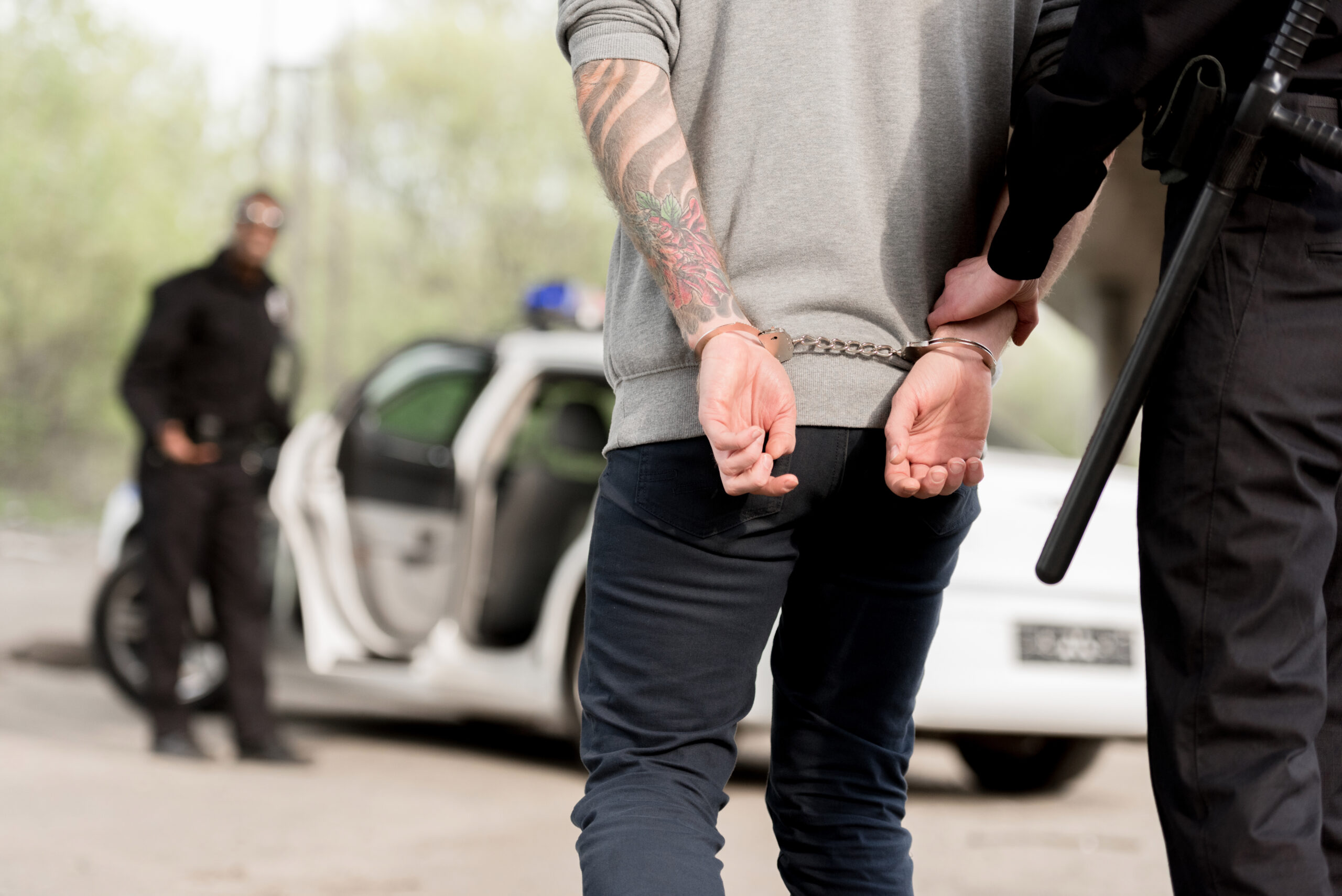Eyewitness testimony plays a crucial role in the criminal justice system, particularly in assault cases. In New York, the testimony of an eyewitness can significantly impact the outcome of a case. However, it is essential to understand the requirements and considerations surrounding eyewitness testimony to ensure its accuracy and reliability. In this article, we will explore the role of eyewitness testimony in assault cases in New York and shed light on the necessary factors that both attorneys and eyewitnesses should consider.
Eyewitness testimony refers to the account given by an individual who witnessed a crime or incident firsthand. It is often regarded as highly persuasive evidence, as it is believed to provide direct insight into the events that unfolded. However, numerous studies have highlighted the fallibility of eyewitness testimony due to various factors, including memory distortion, perception bias, and external influences.
that unfolded. However, numerous studies have highlighted the fallibility of eyewitness testimony due to various factors, including memory distortion, perception bias, and external influences.
In New York, the admissibility of eyewitness testimony is subject to specific requirements set forth by the legal system. One critical consideration is the competence of the witness. The witness must possess the ability to perceive, recall, and recount the events accurately. The court will assess the witness’s competency based on factors such as age, mental capacity, and potential impairment due to drugs or alcohol.
Another crucial requirement is the witness’s personal knowledge of the events. Eyewitnesses are expected to have direct and personal knowledge of the incident they are testifying about. Hearsay, or secondhand information, is generally not admissible in court unless it falls under specific exceptions.
The reliability of eyewitness testimony is heavily influenced by various external factors. For example, the accuracy of identification plays a pivotal role. In assault cases, eyewitness identification of the perpetrator is often a crucial element. However, research has shown that eyewitness identifications can be highly unreliable due to factors like stress, distance, lighting conditions, and the presence of weapons. Moreover, cross-racial identifications can be particularly prone to errors due to inherent biases.
To address these concerns, New York has implemented certain procedures to enhance the reliability of eyewitness identification. One such procedure is the use of sequential lineups, where the witness views each potential suspect individually, rather than in a simultaneous lineup. Sequential lineups help reduce the likelihood of misidentification by preventing relative judgments among suspects.
Additionally, law enforcement agencies in New York are encouraged to adopt best practices in conducting identification procedures. These practices include providing the witness with a clear statement that the perpetrator may or may not be present in the lineup, utilizing an unbiased administrator who is unaware of the suspect’s identity, and documenting the witness’s level of confidence at the time of identification.
As an attorney handling assault cases in New York, it is crucial to be well-versed in the complexities surrounding eyewitness testimony. Attorneys should thoroughly investigate the circumstances of the eyewitness’s observation, assessing factors such as visibility, distance, and lighting conditions. They should also explore potential biases or suggestive influences that might have affected the witness’s identification process.
Moreover, attorneys can challenge the reliability of eyewitness testimony by presenting experienced witnesses who specialize in human memory and perception. These experts can educate the court about the limitations of eyewitness memory and provide valuable insights into the potential pitfalls of relying solely on eyewitness accounts.
In conclusion, eyewitness testimony can be a powerful tool in assault cases in New York. However, it is essential to recognize its limitations and the potential for inaccuracies. By understanding the requirements and considerations surrounding eyewitness testimony, attorneys can effectively navigate the legal landscape and ensure the fairness of the justice system.
How Arthur L. Pressman, Attorney at Law Can Help You With Assault Cases in New York
If you are facing an assault charge or involved in a case where eyewitness testimony is crucial, it is vital to seek the guidance of an experienced attorney. Arthur L. Pressman, Attorney at Law, is a trusted legal professional with extensive knowledge and experience in criminal defense. Contact our office today to discuss your case and receive the dedicated representation you deserve.
Contact Arthur L. Pressman, Attorney at Law, today to discuss your assault case in New York and benefit from the knowledge of an experienced criminal defense attorney for a free consultation.
